- September 19, 2019
- By Andrew Muir And Dan Novak M.Jour. ’20
If you’ve spent any time on campus, chances are you’ve seen, sniffed, breathed in or otherwise benefitted from a University Sustainability Fund project.
Maybe you’ve refilled your bottle with filtered water at one of the scores of filling stations, saving money and reducing plastic waste. Or inhaled fresh air emanating from the plant-covered Biowall at McKeldin Library’s Footnotes Café. Or learned whether your paper plate belongs in the compost or garbage bin. (Answer: compost). Perhaps just knowing that UMD is using both resources and imagination to fight pollution and global warming sets your mind at ease.
Since 2011, the University Sustainability Fund has provided funding for proposals that promote environmental sustainability and enhance the student experience at UMD. Applications are now open for the $300,000 in grants available this year.
The fund bankrolls projects that increase renewable energy use, improve campus facilities’ energy efficiency, shrink the amount of waste sent to landfills, encourage sustainable behaviors and integrate sustainability into teaching, research and service at UMD.
It’s supported by student fees and administered through the University Sustainability Council. Since the fund began in 2011, more than 150 projects have received over $2 million in grants.
“Each year, our undergraduate students, the Office of Sustainability and the University Sustainability Council work very hard to ensure the fund is used well and for projects that make a difference," said Scott Lupin, director of the Office of Sustainability.
Students, faculty and staff are encouraged to submit their proposals before the priority deadline of Oct. 15. Winners will be announced next spring.
Need some ideas? Here are five projects that have made UMD a more environmentally friendly campus.
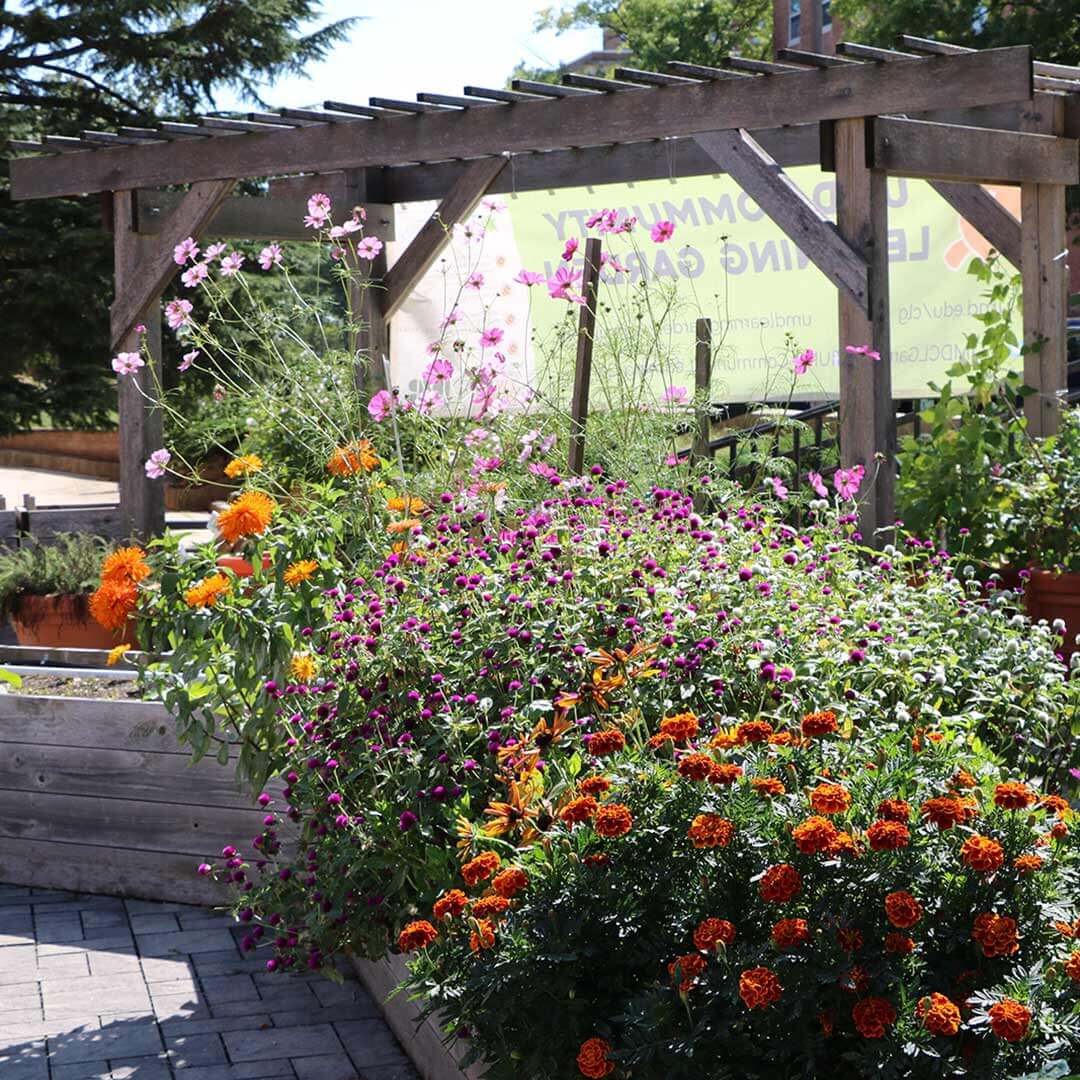 Community Learning Garden
Community Learning Garden
This project, formerly known as the Public Health Garden, transformed an empty space between the Eppley Recreation Center and School of Public Health building into a place for the entire university to learn more about sustainable gardening practices. Now, multiple departments and colleges collaborate at the garden, and visitors can enjoy another green corner of campus.
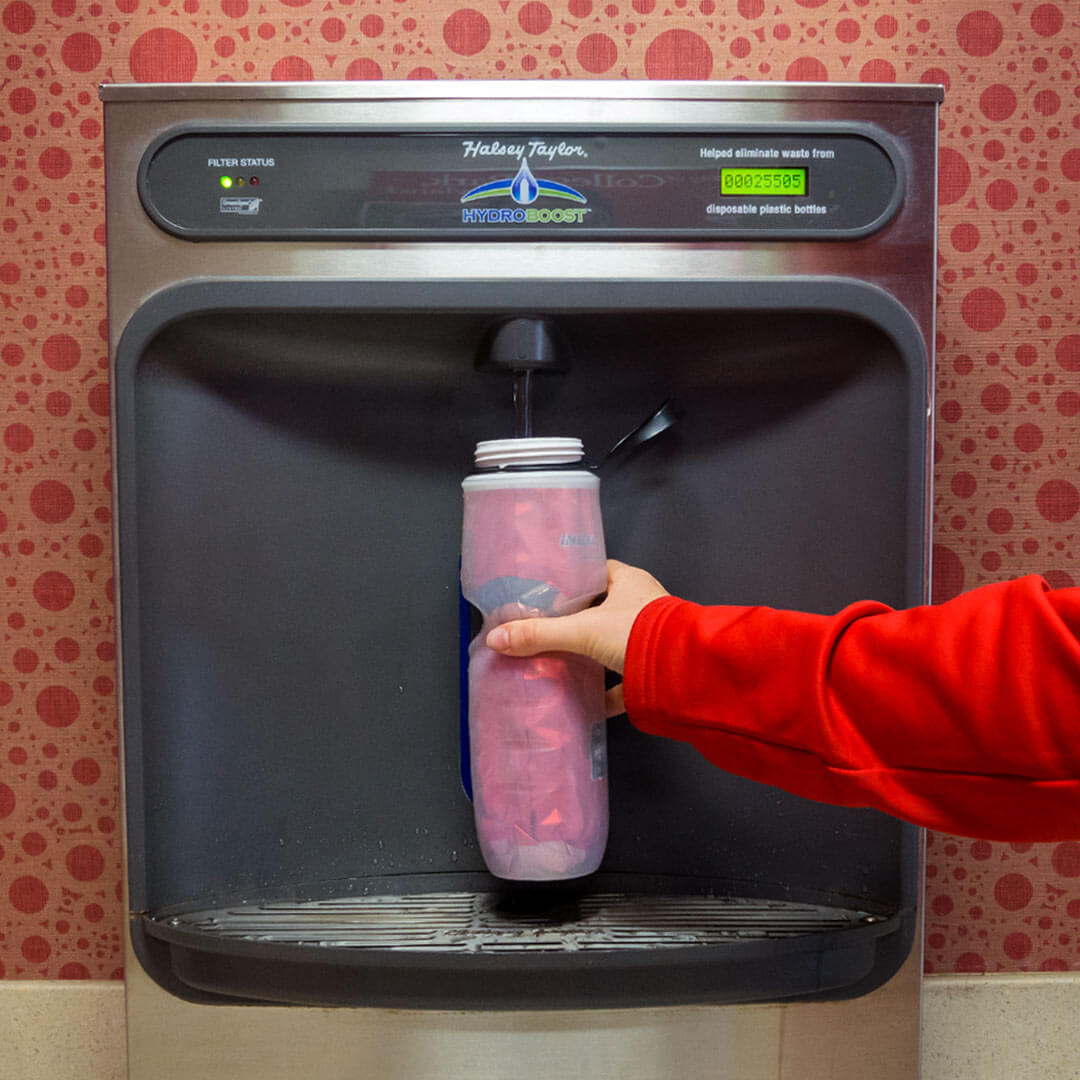 Terps Heart the Tap
Terps Heart the Tap
This student-led project to install water-filling stations around campus has received funding multiple times from the fund, thanks to the continual support and interest from the campus community. With well over 100 stations today, this project allows Terps the opportunity to fill up for free and avoid buying bottled water.
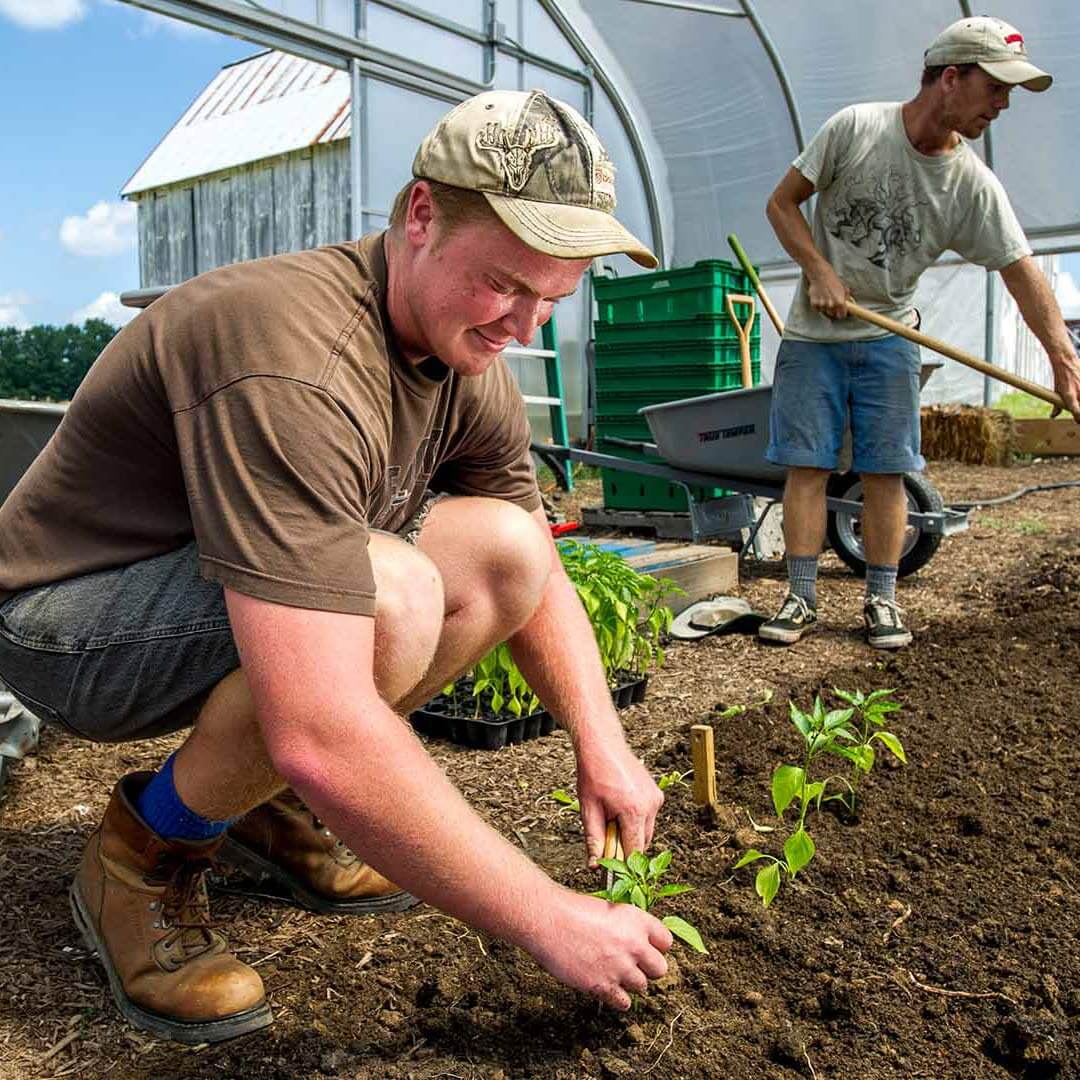 Terp Farm
Terp Farm
Dining Services, the College of Agriculture and Natural Resources, and the Office of Sustainability paved the way for Terps to get experience growing vegetables and herbs at a university facility that supplies campus dining halls and the Green Tidings Food Truck. This also helped inspire other Dining Services projects, including Anytime Dining, which eliminated disposable containers, and the Ocean Friendly Campus initiative to reduce plastic waste.
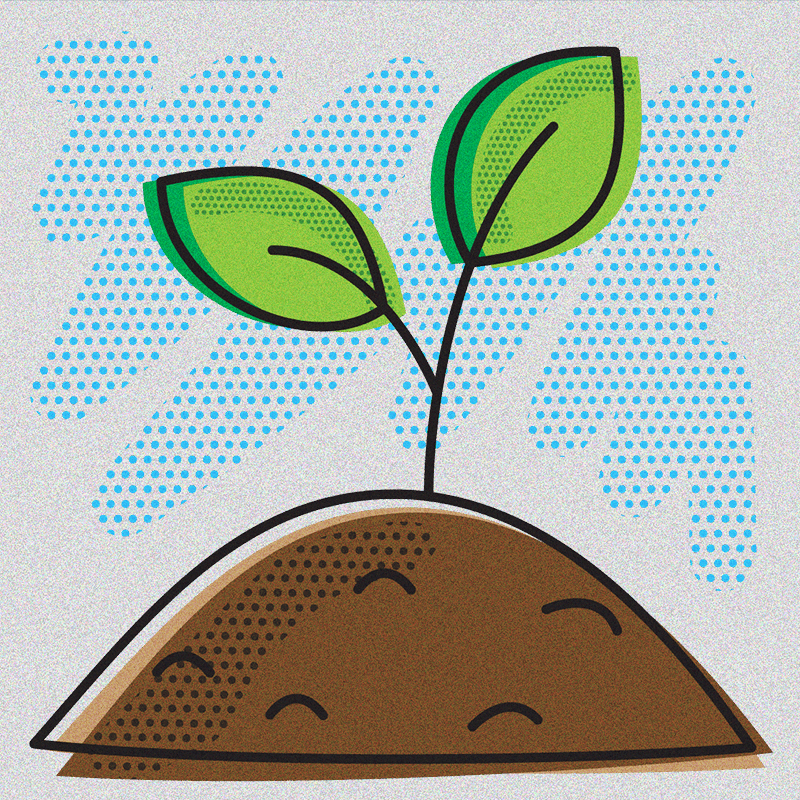 Compost Collection Expansion
Compost Collection Expansion
An initial grant in 2012 helped introduce composting as a waste disposal option at the Stamp, but the major breakthrough was in 2015, when compost collection expanded across campus. Now it’s available at over 30 campus locations including McKeldin Library, The Clarice and all new campus buildings, including the Edward St. John Learning and Teaching Center, A. James Clark Hall and the Brendan Iribe Center for Computer Science and Engineering.
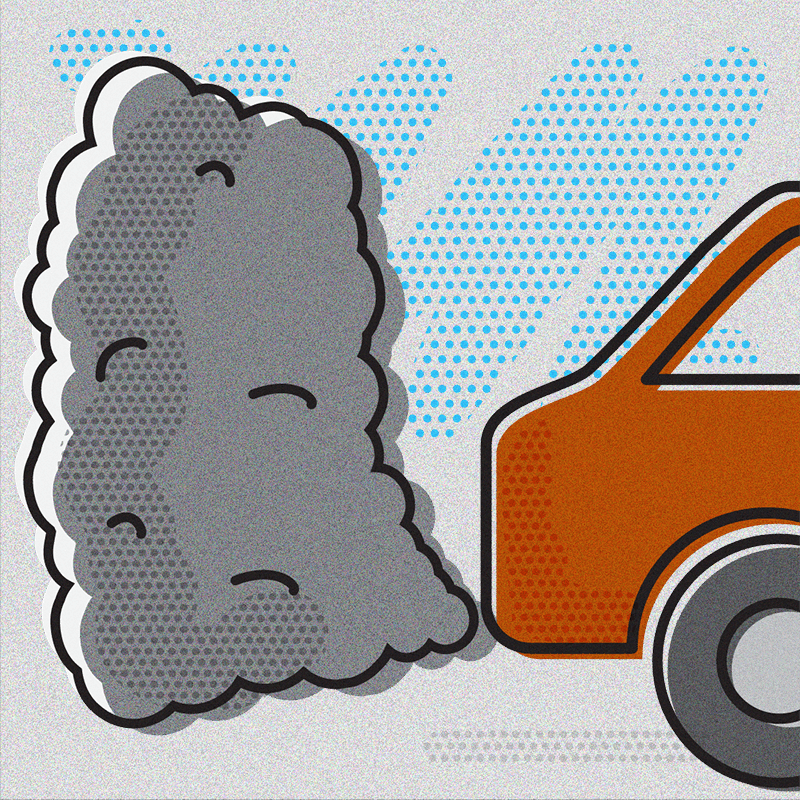 Mitigation of Undergraduates’ Commuting Climate Impact
Mitigation of Undergraduates’ Commuting Climate Impact
This 2019 project marked the first time the Student Government Association voted to apply for fund money for carbon offsets—investments in clean energy or other projects to cut greenhouse gas emissions—to counteract emissions from commuting to UMD. Undergraduate commuting emissions represented 7% of UMD’s carbon footprint in 2017, and 100% of those emissions will be offset for 2018 and beyond.
Topics
Campus & Community